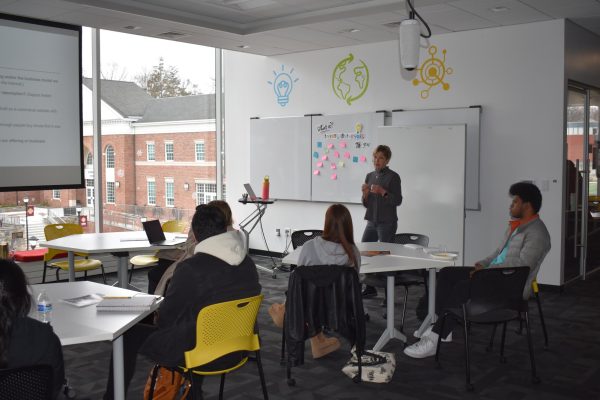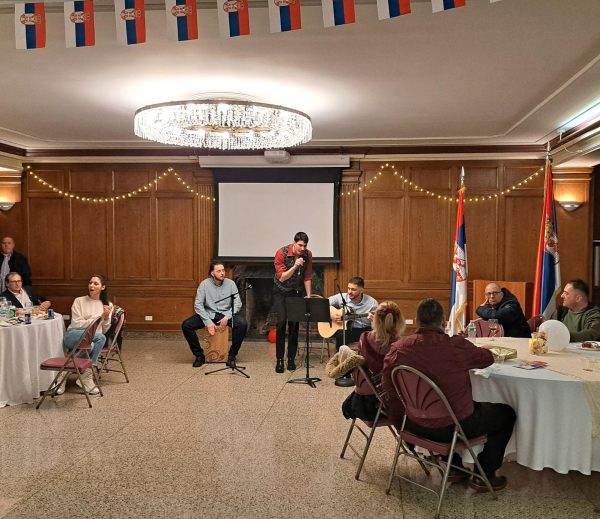Iona students and faculty discuss controversial Arizona Immigration Laws
October 12, 2010
The United States has always been known as a nation of immigrants—a “melting pot” of diversity creating one American culture. Yet, the topic of immigration has created tension within recent years due to the growth of illegal immigration. Over the past six months the heated debate over immigration has escalated with the adoption of two new immigration laws in the state of Ariz.
In April 2010, Ariz. adopted two laws on illegal immigration which provoked a nationwide debate. The laws, known locally as SB 1070 and HB 2162, are aimed at discouraging illegal immigrants from entering or remaining in the state. The laws were to become effective on July 29, 2010, but the U.S. Department of Justice filed a lawsuit against the laws arguing that they are unconstitutional.
On Oct. 7, the Student Development Diversity Committee (SDDC) together with the Hispanic Organization of Latin Awareness (H.O.L.A.), sponsored “A Conversation about Arizona’s Immigration Law,” a panel discussion to enhance the community’s knowledge of the situation and to inspire students to have their voices heard not only in the Iona community, but the greater New Rochelle community.
Moderated by Assistant Professor of Religious Studies and H.O.L.A. advisor Teresa Delgado, and Residence Hall Director of Loftus Hall Keith Johnson, the panel consisted of three Iona students: juniors Anthony Berni and Flo Maroney and sophomore Joseph Chabot. Delgado and Johnson each asked the panel a series of questions pertaining to the immigration debate and also opened the floor for the audience to express their opinions on the matter.
When asked of the role that immigration has played in their lives, each member of the panel expressed that their ancestors were immigrants.
The panel was then asked why they believe that people choose to emigrate from their home country to the United States.
“America is the land of opportunity. People from around the world come here for the chance at a better life for themselves and for their family,” Chabot said. This sentiment was the general consensus among the panelists.
The discussion then progressed to a debate of whether immigration is a right or a privilege.
“I think that all humans have the right to migrate as long as it is done in a legal way. Every person deserves a fair shot at happiness and they deserve to immigrate to another country to achieve that happiness,” Maroney said.
Yet the Ariz. Immigration laws do not intend to target those who have immigrated “in a legal way,” as Maroney suggests, but rather those who have come into the U.S. illegally.
“The biggest contention with the Ariz, laws is not border protection or the right of the nation to control its citizens. The biggest contention is the fact that law enforcement can ask for immigration papers out of probable cause—suspicion that a person may be illegal,” Delgado said.
The idea of probable cause begs the question of whether or not the Arizona immigration laws promote racial profiling.
“I think the new immigration laws promote racial profiling because how can you determine who is illegal or not? Illegal immigration is not limited to Hispanics, but that is the only race that is targeted. The police will base their inquiries of illegality on the color of a person’s skin because the phrase ‘illegal immigrants’ is so closely associated with Hispanics,” sophomore Marcia Correa said.
The controversy in Arizona has sparked a nationwide debate and has offered further proof that the imm













